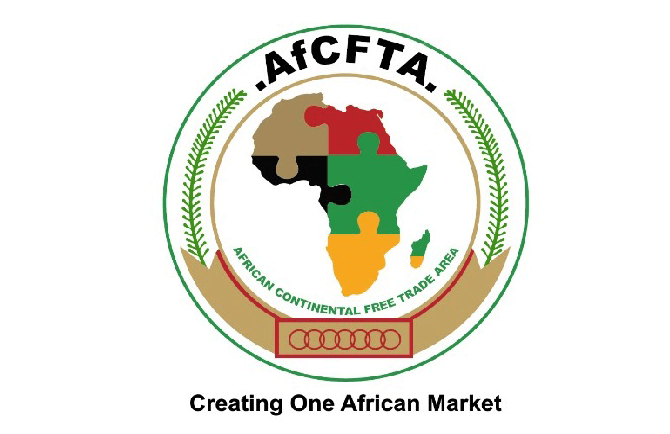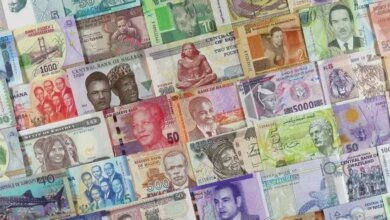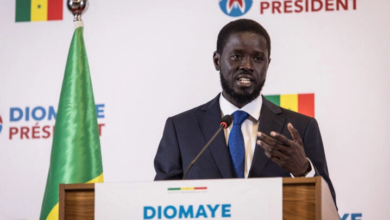Bitcoin is now an Official Currency in Central African Republic

Following El Salvador’s adoption of bitcoin as an official currency last year, the Central African Republic has become the world’s second country to do so.
President Faustin Archange Touadera signed the bill into law after it was unanimously passed by the National Assembly as a measure legalising bitcoin and other cryptocurrencies. Evidence of this was posted on the presidential office’s Facebook account.
Along with the regional Central African CFA franc, Bitcoin will now be regarded a legal money. The decision to make bitcoin legal tender was lauded as another step toward mainstream adoption of cryptocurrencies by the crypto community.
“This move places the Central African Republic on the map of the world’s boldest and most visionary countries,” presidential chief of staff Obed Namsio told AFP.
“The president supports this bill because it will improve the conditions of Central African citizens.”
The Central African Republic is one of six countries that utilise the CFA franc, a regional currency administered by the Bank of Central African States (BEAC).
The CFA franc, which is backed by the French Treasury, has long been a source of contention because to its association with the imperialist French monetary policy. Critics claim that the fixed exchange rate, enforced by France during its colonial rule, is susceptible to being used as a pawn on international markets to the detriment of African economies.
On April 27, President Faustin-Archange Touadéra took to Twitter to express his thoughts on the newly signed Bitcoin law:
“The BEAC learned at the same time as the public of the enactment of a new law on cryptocurrency in Central African Republic,” a BEAC spokesman told Reuters, adding that the bank did not have an official response yet.
While many people laud Bitcoin as an inflation hedge, the CFA franc, surprisingly, has a lower inflation rate (about 4.8 percent per year) than even the US dollar.
On the flip side, Bitcoin depends on the internet and the fact that only 4% of CAR’s population has internet connection raises questions about how the country expects to proceed with crypto adoption in a country where few will be able to transact online.
Read Also: Elon Musk strikes deal to buy Twitter for $44bn
Others have emphasised Bitcoin mining’s substantial environmental impact and claimed that the cryptocurrency might be used to launder money.
After El Salvador’s adoption of Bitcoin as legal tender in September 2021, it saw protests, and a chastisement from the International Monetary Fund. There are concerns that bitcoin is a highly volatile asset, which raises concerns about its suitability as a payment method.
The regulation of cryptocurrencies and blockchain technology in Africa has taken a variety of forms.
Last year, before creating its own digital currency, the eNaira, Nigeria’s central bank prohibited domestic institutions from dealing with cryptocurrencies.
South African regulators are looking into how cryptocurrencies and other blockchain technologies might be regulated, and Tanzania’s central bank announced last year that it was working on a presidential directive to prepare for cryptocurrencies.
Source: AFP | Reuters | CNBC
Abeeb Lekan Sodiq is a Managing Editor & Writer at theafricandream.net. He’s as well a Graphics Designer and also known as Arakunrin Lekan.




